FROM AUTOMOTIVE ANTI-POLLUTION REGULATIONS TO FIT FOR 55 - PART 2
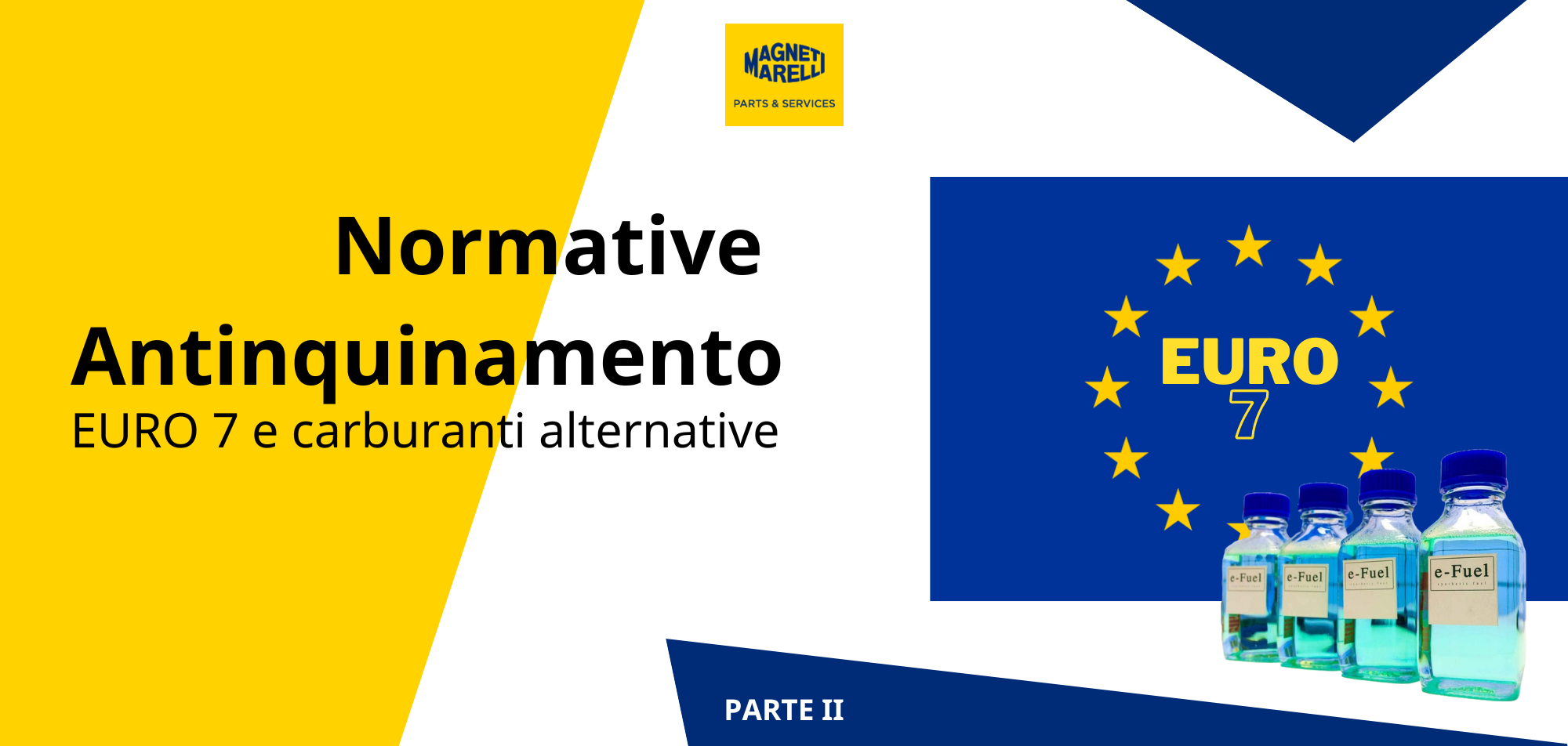
EURO 7 standard
Despite regulatory efforts, road transport is the main source of urban air pollution. In 2018, over 39% of NOx and 10% of PM2.5 and PM10 emissions in the EU came from road transport, with urban traffic increasing these average values. It is estimated that road transport caused around 70,000 premature deaths in the EU in 2018. The legislator considers the revision of pollution regulations to be necessary because, even after the entry into force of the ban on vehicles with combustion engines in 2035, it is expected that more than 20% of cars and vans and more than 50% of heavy-duty vehicles on our roads will emit exhaust pollutants until 2050.
Let us look in detail at the salient features of the legislation:
- Unique ensemble emission limits for all motor vehicles: cars, vans, buses and trucks;
- Same limits regardless of whether the vehicle uses petrol, diesel, electric drives or alternative fuels;
- The reduction of pollutants compared to EURO 6 will be:
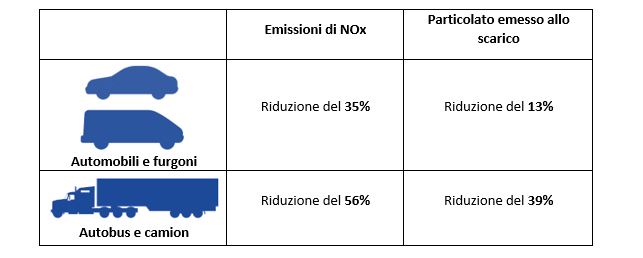
- Limitation of particulate emitted by brakes of cars, for which the reduction of 27%;
- Introduction of standards on microplastic emissions from tyres;
- The life cycle will be doubled than hitherto foreseen:

- Light and heavy vehicles must be equipped with on-board emission monitoring systems (OBM). Pollutant data will be recorded and compared in real time with the legal limits. In addition, data on the operating conditions of the engine and exhaust after-treatment will be collected via an electronic control unit.
These rules will apply to all vehicles, including electrically driven ones.
The manufacturers' position on the EURO 7 standard is contrary to the real benefits of its implementation, in particular:
- The Association of European Automobile Manufacturers ACEA warns the European institutions to safeguard the competitiveness of the automotive sector, which is facing regulatory and economic pressure due to the introduction of the Euro 7 standard. It also points out that the introduction of the Euro 7 standard will increase car prices 'by at least EUR 2,000 without bringing any environmental benefits;
- Volkswagen requested to postpone the implementation of the new standards (Euro 7) until autumn 2026 so as to allow the automotive industry to prepare for the new emission parameters and to delay to the 2027 the marketing of vehicles complying with the new regulations;
- L'ANFIA (National Association of the Automotive Industry) believes that the timeline for the introduction of Euro 7, 2025 for light vehicles and the 2027 for heavy-duty vehicles, are inapplicable and the environmental benefits have been overestimated. In addition, it assesses that the application of the technologies required to abate pollutants, such as the rapid warming of catalytic converters or the regeneration of particulate filters, causes an increase in fuel consumption with a negative impact on the containment of CO2 emissions.
On 13 March 2023, the countries opposed to the EURO 7 standard (Bulgaria, Italy, Poland, Portugal, the Czech Republic and Slovakia) during a maxi-summit in Strasbourg, emphasised the risk of an ageing European car fleet due to rising car purchase costs. They also called for a postponement of the entry into force of the Euro 7 standards scheduled for 2025 and endorsed the German request to introduce an exemption for e-Fuels.
Following the EU Council of 25 September 2023, it was decided that emission provisions remain unchanged but the application deadlines are extended respectively:
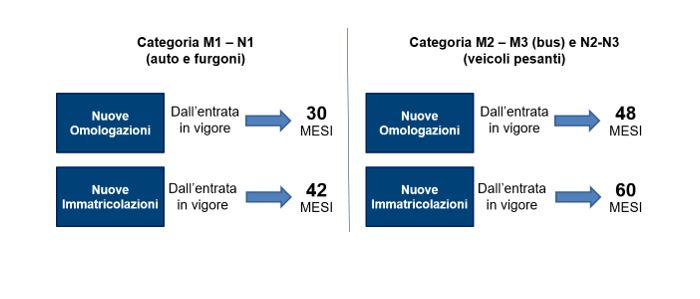
Fit For 55
Fit For 55 is the slogan that identifies the European Parliament's commitment to the goal of reduce net greenhouse gas (CO2) emissions by at least 55% by 2030.
The standards defining the pathway to this goal concern, among other things, emissions from passenger cars and light transport, which account for 15% in CO2 emissions in Europe. The proposed standards define progressive targets of reduction of emissions for passenger cars and vans by 2030 up to the reduction of 100% for passenger cars and vans from from 2035.
The regulations resulting from the Fit For 55 project do not only concern road transport, but extend to other sectors and include measures to stimulate the ecological transition and mitigate its possible negative effects in terms of employment and technological conversion. 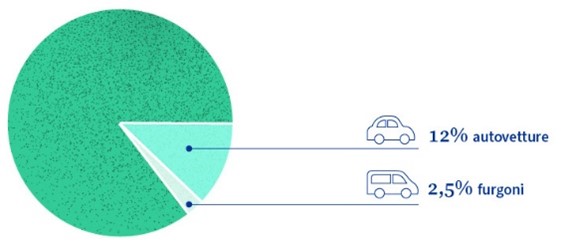
In the process of transposing the Fit For 55 standards, the Commission has presented a proposal to allow after 2035 the registration of vehicles with endothermic engines powered exclusively with neutral fuels in terms of CO2. This is a derogation, renamed Save-Motor Valleyaddressed to manufacturers with an annual production of less than 10,000as in the case of Ferrari and Lamborghini.
Neutral fuels
A clear distinction must be made between what is an e-Fuel and a BIO-Fuel.
L'e-Fuel is a synthetic fuel that does not contain products derived from fossil sources like oil. Its production process begins with the electrolysis of water (H20), which separates the hydrogen from the oxygen in the water molecule. The subsequent combination of the hydrogen with carbon dioxide in the atmosphere, thanks to catalysing substances, produces e-methanol, which can be transformed in subsequent steps into e-Fuel. Engines fuelled with e-Fuels do not increase CO2 emissions, as they release the CO2 taken for the production of the fuel into the atmosphere. Hence e-Fuel is a neutral fuel as the CO2 balance in the atmosphere does not change (provided it is produced from renewable sources).
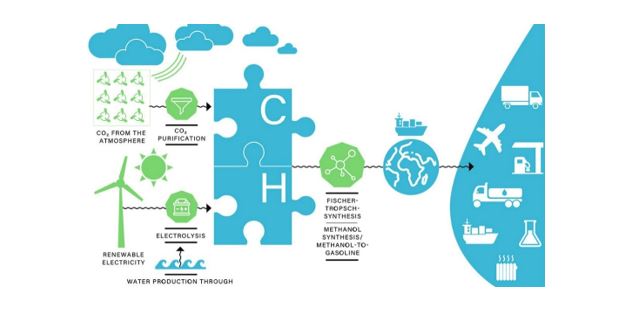
The BIO-Fuel, better known as theHVO (hydrogenated vegetable oil), this is a fuel produced using vegetable raw materials, in particular, production waste and residues or crops unsuitable for food use. Refining these materials produces biodiesel, which already blended with petroleum-derived diesel.
L'Eni already distributes HVO in several Italian service stations. Before using it for your car, it is essential to check the relevant owner's manual for engine compatibility, coded with EN 15940 approval.
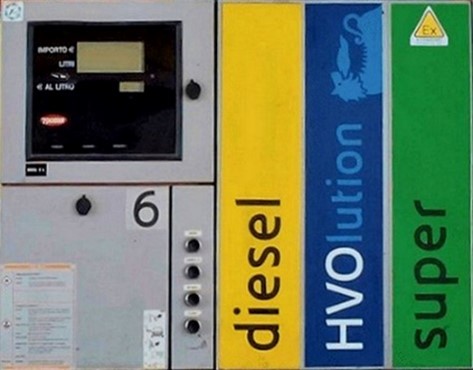
BIO-Fuel does not meet with much approval because its combustion generates CO2 in the exhaust and because of the risk of food crops being used for its production.
Therefore the BIO-fuel is not a neutral fuel.
I would like to thank my fellow trainers who produced this mini-series of articles and thus allowed me to share it with you.
We hope it will be an enjoyable read for you and that it will support you in your everyday work.
If you like this type of content or if you have any suggestions for future topics, please let us know in the comments below.
Thank you again for your attention and good work.

This content is reserved to Checkstar network workshops.
Log in to see the content!Are you already part of our Community? Login